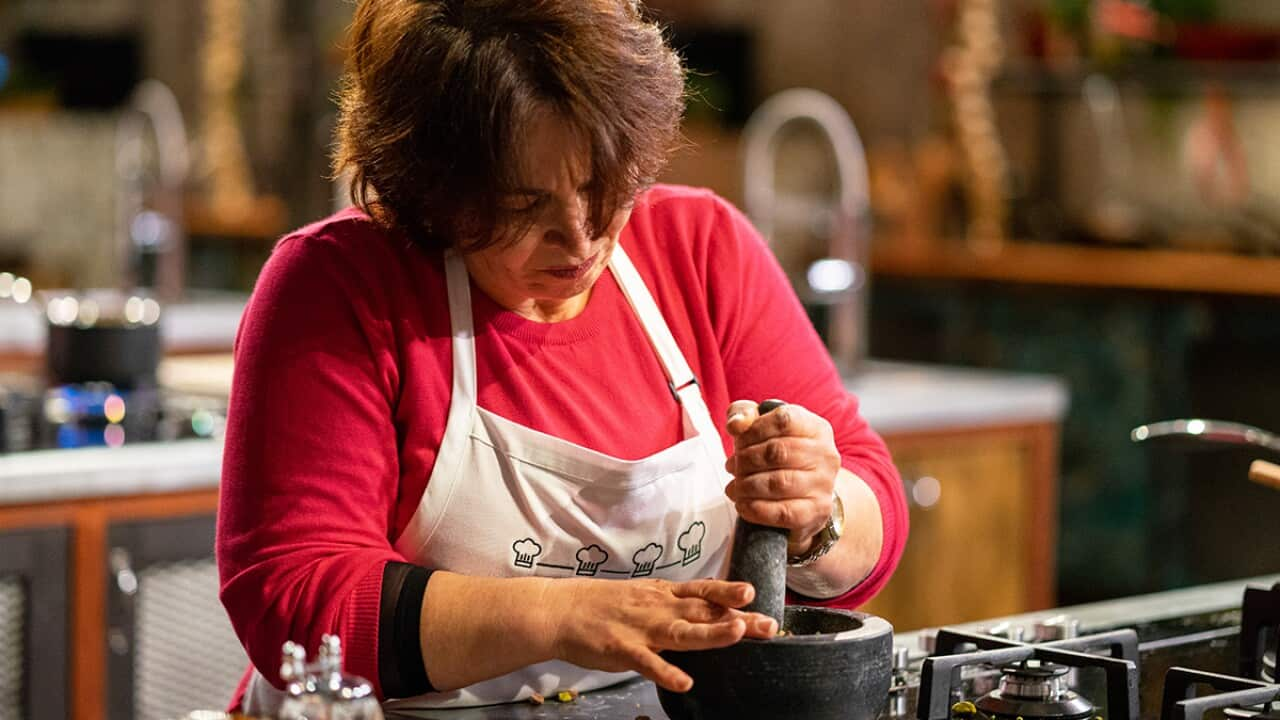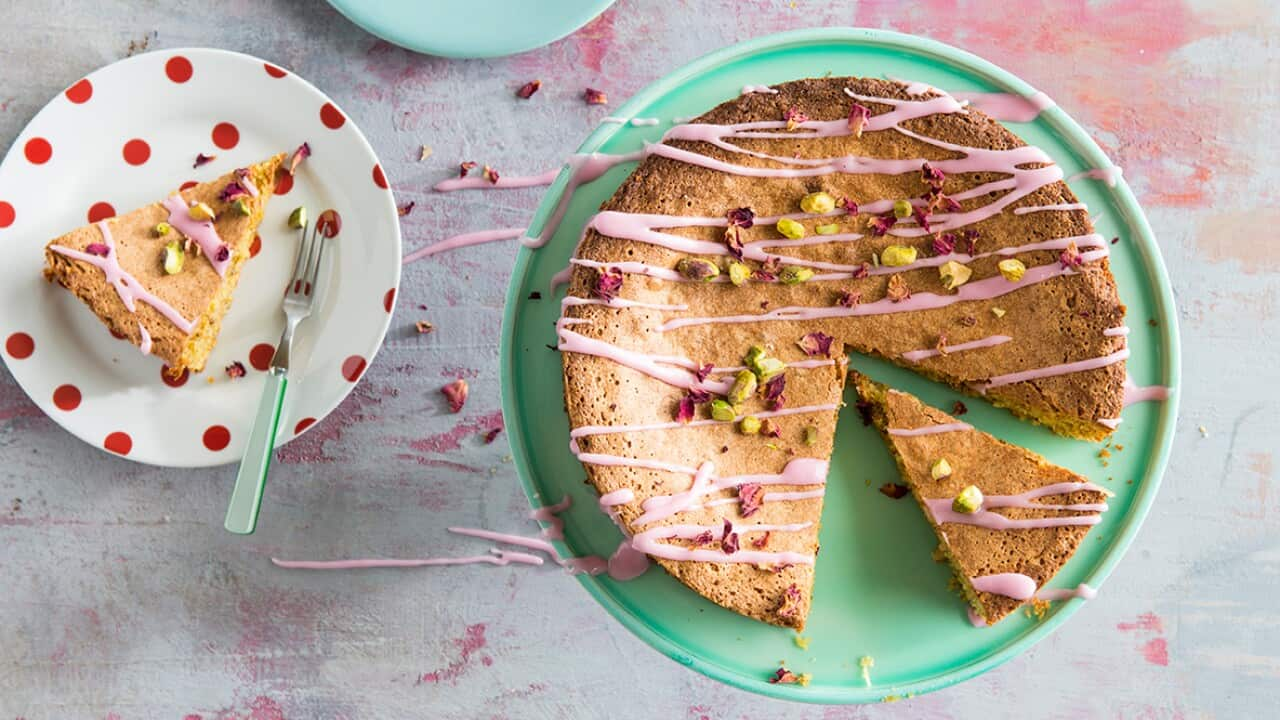It takes a lot of guts to pull up stumps from a successful career, surrounded by the people you love. It’s a whole different level of challenge when you’re forced to do it because your life is in danger. When Mahshid Babzartabi found herself running through the dense jungle in the middle of the night to catch a boat to escape political persecution in her homeland of Iran, “I thought to myself, ‘this can’t be real’, it was like being in a movie,” she says.
Arriving in Australia in 2013, the USA-educated business translator found herself in a detention centre, surrounded by people who had all gone through their own personal hell to be there. “The first two months [after] I arrived in Australia, even though I spoke English well, I was too scared to even catch a bus. … It was such a big change in my life and I imagined how hard it must be for those with me in detention who couldn’t speak English, who also arrived in Australia in such a dramatic way.”
Babzartabi’s departure from Iran – which happened while translating a book on global political ideas – wasn’t a choice, and it wasn’t without heartbreak. She left her entire family behind, and she can never return. “I don’t have a home. Not there, and not [yet] here,” she shares. Feeling that lack of groundedness, Babzartabi has sought to find healing in feeding others. Starting a cafe in the back hall of a church in Melbourne’s suburbs four years ago, her goal was to raise money to support other refugees more in need than herself. Since its inception, the operation (which is currently in hiatus while relocation plans are underway) has grown to support more than 700 people, engaging refugees from around the world to run the cafe, and with profits after operating expenses going to support those currently in detention on Nauru as well as in Melbourne.
“Food for me is something that brings people together. Watching people come to the cafe, I met people who didn’t necessarily support asylum, but came anyway, because they liked the food. But that’s the magic of food; through sharing it with others, I saw feelings change and friendships form. Food is a consolation to many people, a chance to grow and to heal,” says Babzartabi, who also teaches cooking classes.
The café served up a multicultural menu of food inspired by the people who worked at the cafe as well as Babzartabi’s own Iranian heritage. “I didn’t want to just cook one food. We aren’t all from one place and we wanted to show that food from everywhere can exist on one menu, just like people,” she says.
The talented cook blew away hatted Sydney restaurant with her Iranian falafel on (watch the episode on and get the recipe ). The dish was a revelation for me. Distinctly different to the verdant Israeli and Egyptian versions we are most used to eating here in Australia, Iranian falafel is relatively new, having only been around since the 1950s. Rich and sweet with onion and garlic, they are paler and less green than their classic cousins, with a depth of flavour one can only define as pure soul food. “I love to cook and to laugh. Both help me forget,” she says. “I cook everything, we rely a lot on donations of ingredients, so it changes all the time, but I could cook even with a piece of stone,” she laughs.
“I love to cook and to laugh. Both help me forget,” she says. “I cook everything, we rely a lot on donations of ingredients, so it changes all the time, but I could cook even with a piece of stone,” she laughs.

Mashid Babzartabi's falafel with creamy yoghurt Source: The Chefs' Line
While Babzartabi hasn’t managed to find a place she calls home, she has found a sense of peace in helping others. “I don’t want a home anymore, I just want to … bring life to others which I never had myself, no matter where they come from,”, she adds. With a big heart and a cooking prowess to match, Babzartabi is a living example of how food can heal more than just earthly wounds.
Love the story? Follow the author here: Twitter , Facebook , Instagram .






